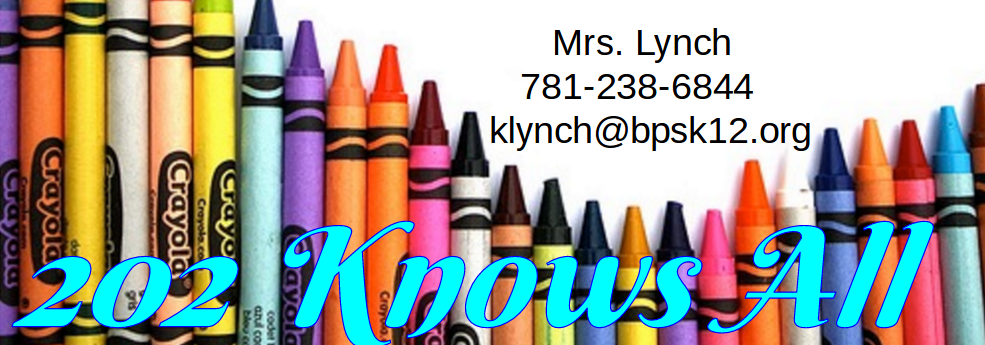After a day of working on simulations, the students had to look at real examples and determine the working parts of circuits in flashlights. They noticed things like:
- the switch completes the circuit
- the metal pieces inside of the bulb
- the lens magnifies the light
- the metal behind the bulb reflects the light
- and more
All of this practice finally led us to the point where we built our own working circuits to determine through their own experiments what will and won't carry an electric current.
Just wait and see what they do when they come back!


















































